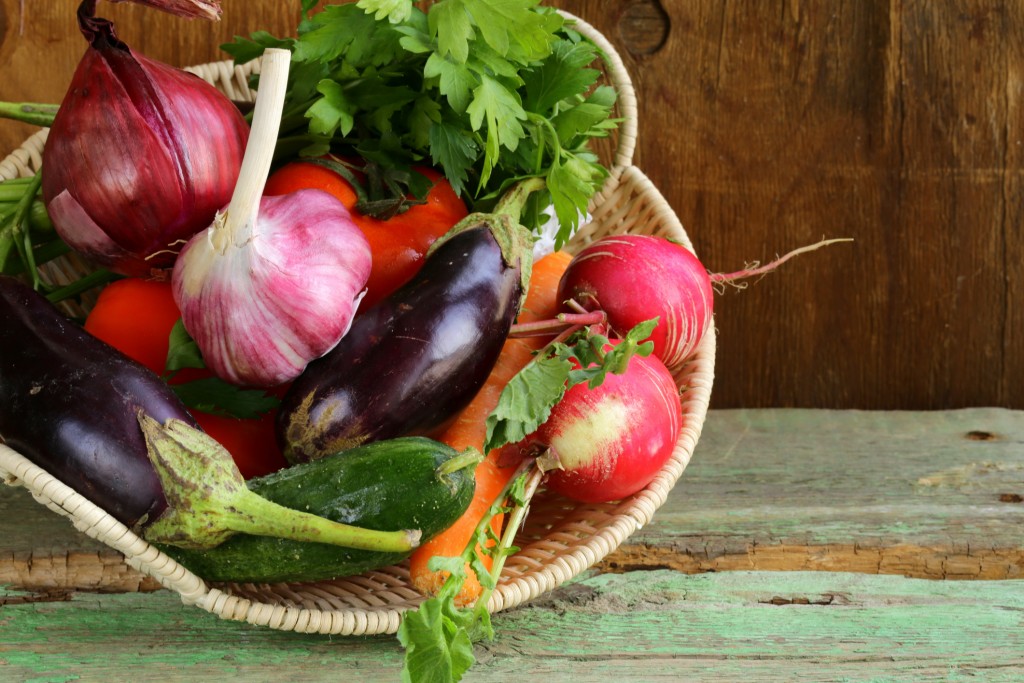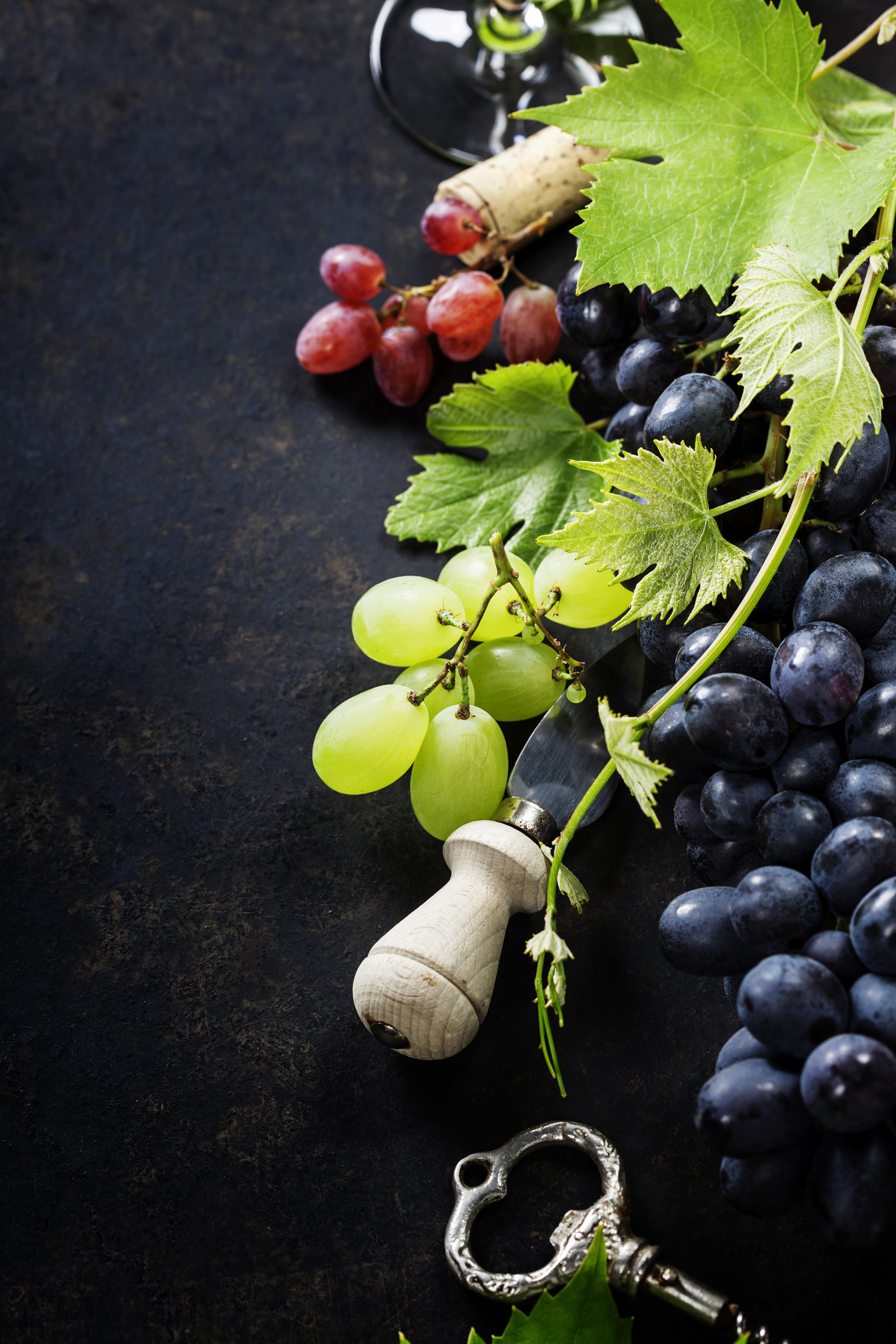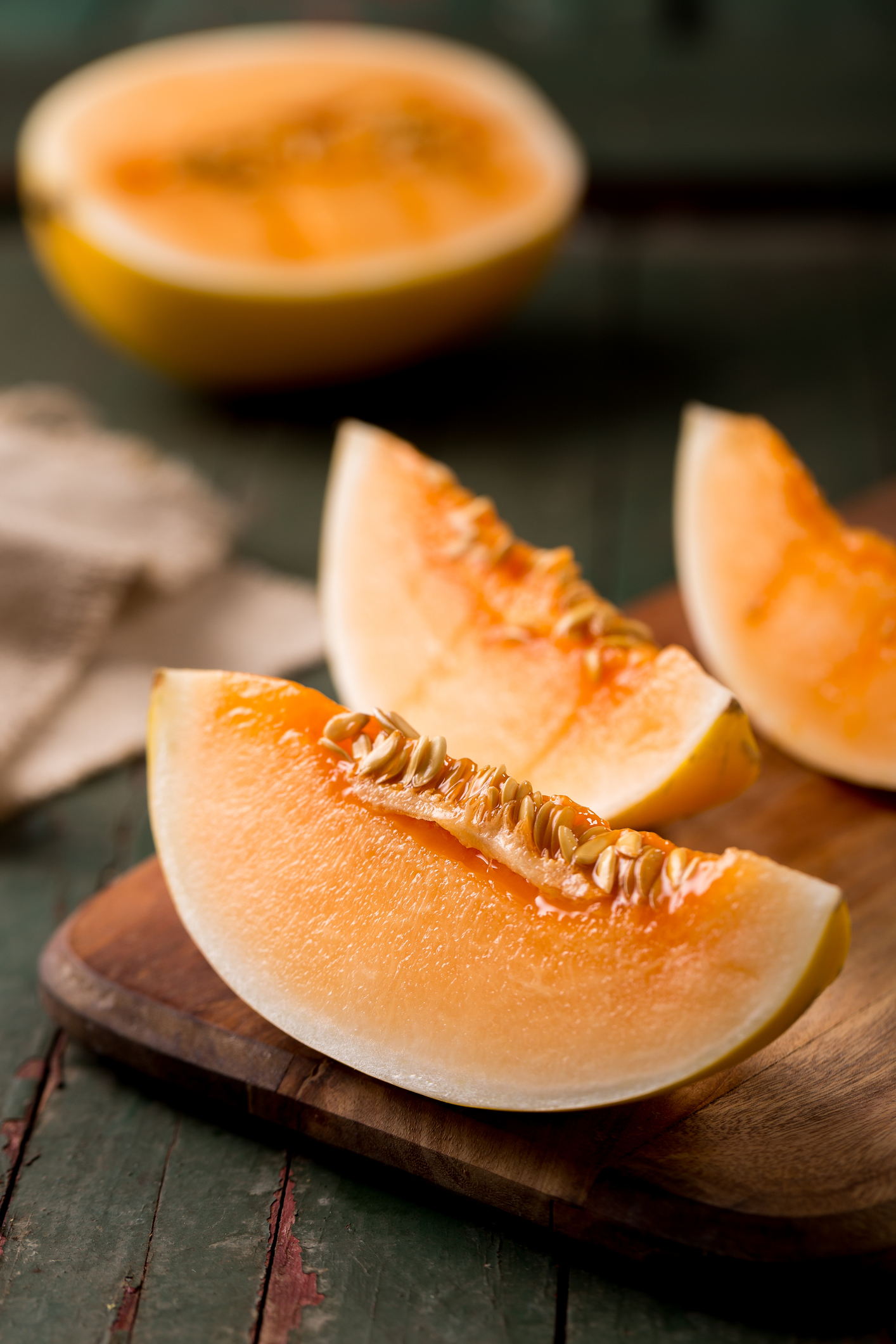Why Quality Ingredients Matter


I try to use organic produce and non GMO products as much as possible. I particularly pay attention to the Environmental Working Group’s list Clean 15 and Dirty Dozen Produce Guides available on EWG.org. Certain fruits and vegetables, like strawberries, tomatoes and apples have higher concentrations of pesticides so if you can buy them organically grown, it’s better for you. Do your own homework and learn more to protect yourself and your family.
To reduce your exposure to pesticides, the EWG recommends buying organic whenever you can. But we all know that organics are not always accessible or affordable for everyone, so before your next trip to the grocery store or farmer’s market, try to avoid the fruits and vegetables that contain the most pesticides and try to buy organically grown produce on this list. See the Clean Fifteen list below.
The 2016 Dirty Dozen plus includes:
- Strawberries
- Apples
- Nectarines
- Peaches
- Celery
- Grapes
- Cherries
- Spinach
- Tomatoes
- Sweet bell peppers
- Cherry tomatoes
- Cucumbers
- Hot peppers
- Kale/collard greens
EWG research found that people who eat five fruits and vegetables a day from the Dirty Dozen list consume an average of 10 pesticides a day. Rinsing vegetables reduces but does not eliminate pesticides.
The Clean Fifteen lists includes:
- Avocados
- Corn (some corn is produced from genetically engineered seeds, so buy organic if you want to avoid GE foods)
- Pineapples
- Cabbage
- Sweet Peas (frozen)
- Onions
- Asparagus
- Mangoes
- Papayas
- Kiwi
- Eggplant
- Honeydew melon
- Grapefruit
- Cantaloupe
- Cauliflower

